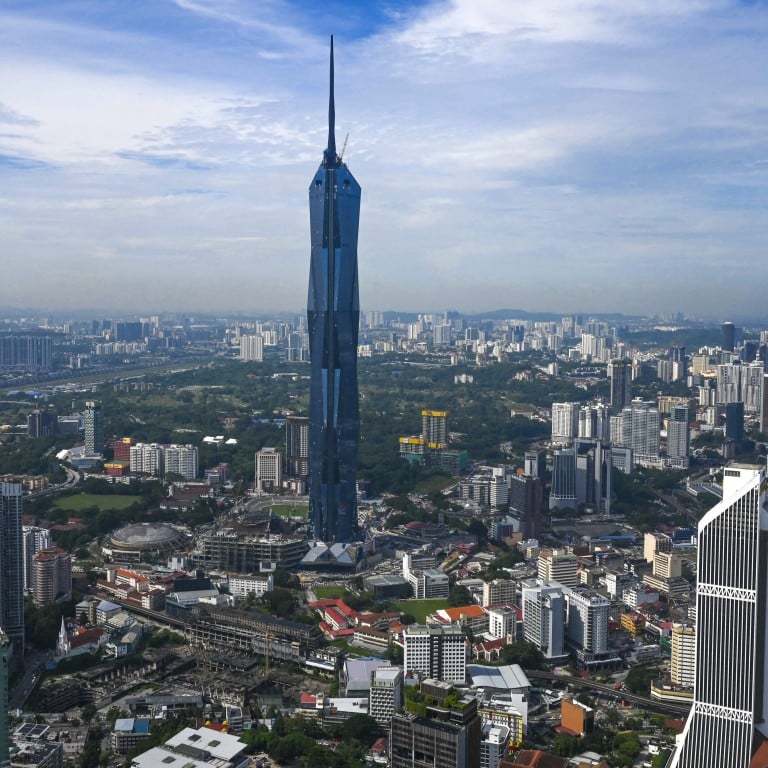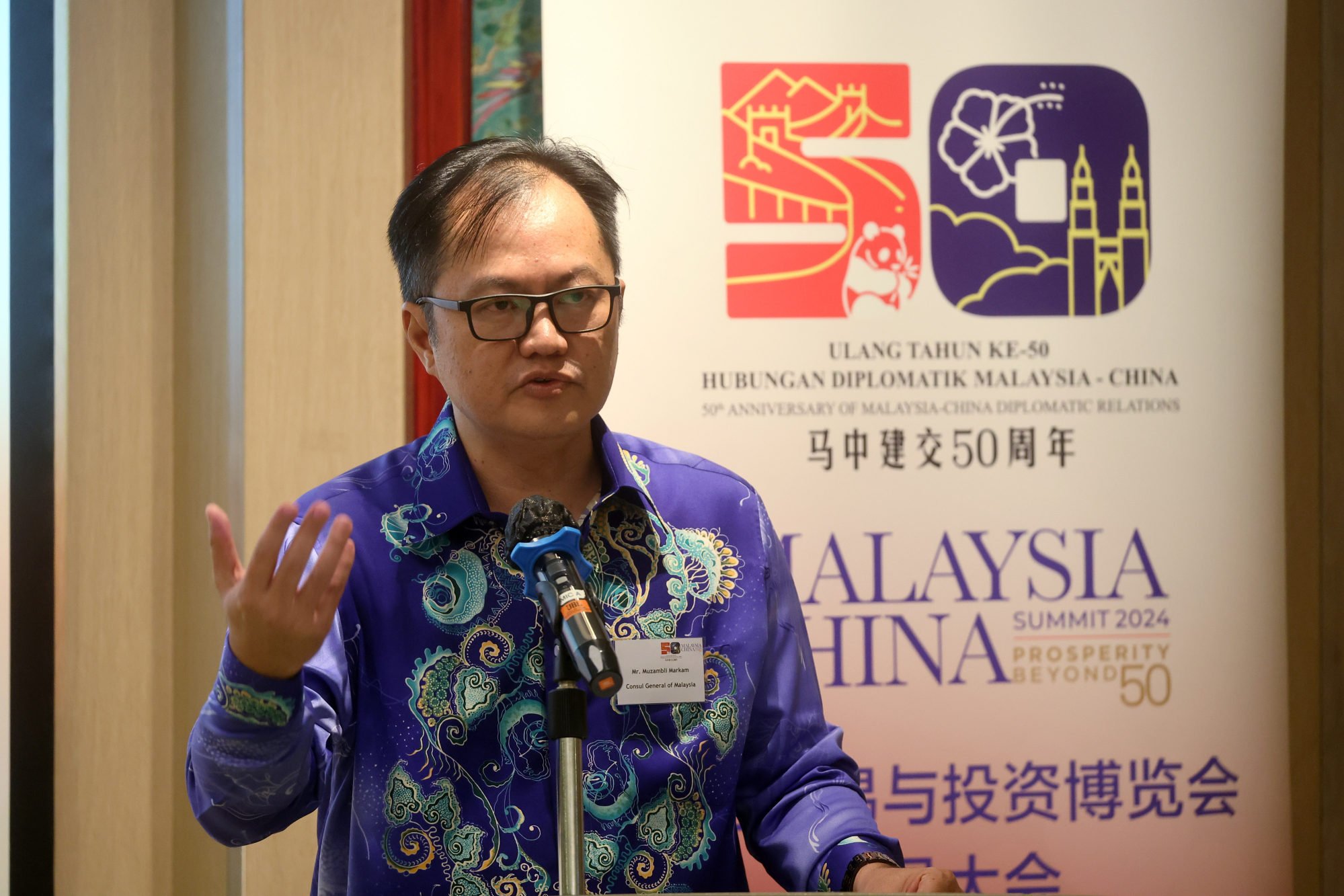
Hong Kong companies hail Malaysia as ‘go-to place’ for AI, e-commerce development
- Country’s top diplomat in Hong Kong says Malaysian firms will not shy away from business in city after enactment of domestic national security law
- Lien Huiluen, deputy general manager of SenseTime Hong Kong, notes Malaysia ‘ripe’ for AI transformation
Muzambli Markam, the country’s top diplomat in Hong Kong, also expressed confidence that Malaysian firms would not shy away from business in the city following the legislation’s enactment.
He expressed the views at a networking event in Hong Kong on Thursday, which was held to generate interest for the Malaysia-China Summit taking place in Kuala Lumpur between December 17 and 19.
This year’s event will also mark the 50th anniversary of diplomatic ties between the two countries.

“For businesses, Hong Kong will always be seen as [in] a unique position, as a gateway to China. And Hong Kong will always be an international city,” Markam told the Post.
“I think generally Malaysian businesses are well aware of the need for the [domestic national security] law. I have strong confidence in Hong Kong. That goes without saying.”
Hong Kong’s national security law not a concern at business forum: No 2 official
According to Hong Kong government figures, trade between the city and Malaysia was worth HK$220 billion (US$28.2 billion) that year. They are each other’s ninth-largest trading partner.
The Malaysian consul general also said AI was an area both his country and Hong Kong should look at in the future, adding “gone are the days when we look at the traditional trade, the products”.
Lien Huiluen, deputy general manager of SenseTime Hong Kong, one of China’s top AI companies specialising in facial and image-recognition technology, echoed Markam’s views.
Lien described Malaysia as “ripe” for an AI transformation, with SenseTime ready to join hands with the country to develop an ecosystem for the technology. She stopped short of offering further details.
“I was told that some restaurants even had been busier after the law’s passage,” said Michael Lai Cheuk-pun, president of the Hong Kong General Chamber of Small and Medium Business.
Foreign firms in Hong Kong review operations for domestic national security law
Hong Kong eCommerce Supply Chain Association chairman Terry Chan Kin-fai was among the few whose fellow members had raised concerns over the legislation.
At least 30 per cent of his fellow businesspeople were considering or had moved key business facilities out of Hong Kong to mitigate possible risks introduced by the law, he noted.
Chan, who also serves as CEO of JUSTT Group, said the e-retailer had moved its data storage facility to Singapore.
“For businesspeople, we look for certainty, not only in the environment, but also in the execution of policy and law. I think after the law’s passage, most businesses will just take a wait-and-see approach for doing business in Hong Kong,” he said.
Chan also said he had seen between 30 and 40 per cent more Hong Kong brands setting foot in Malaysia’s e-commerce market over the past two years, with most selling cosmetic products and electronic devices.
The trade office would be Hong Kong’s fourth in Southeast Asia.
Hong Kong’s John Lee calls for closer ties with Malaysia
Chief Executive John Lee Ka-chiu embarked on a week-long trip to Singapore, Indonesia and Malaysia in July 2023.
In a meeting between Lee and Malaysia Prime Minister Anwar Ibrahim during the tour, the country announced that it would extend visa-free stays for Hong Kong passport holders from 30 days to 90.
Hong Kong signed 11 deals with the country during the trip, including a railway and property deal with the MTR Corporation for a rapid transit project to link the Malaysian city of Johor Bahru and Singapore.
The proposal is expected to cost about 10 billion ringgit (US$2.1 billion).

